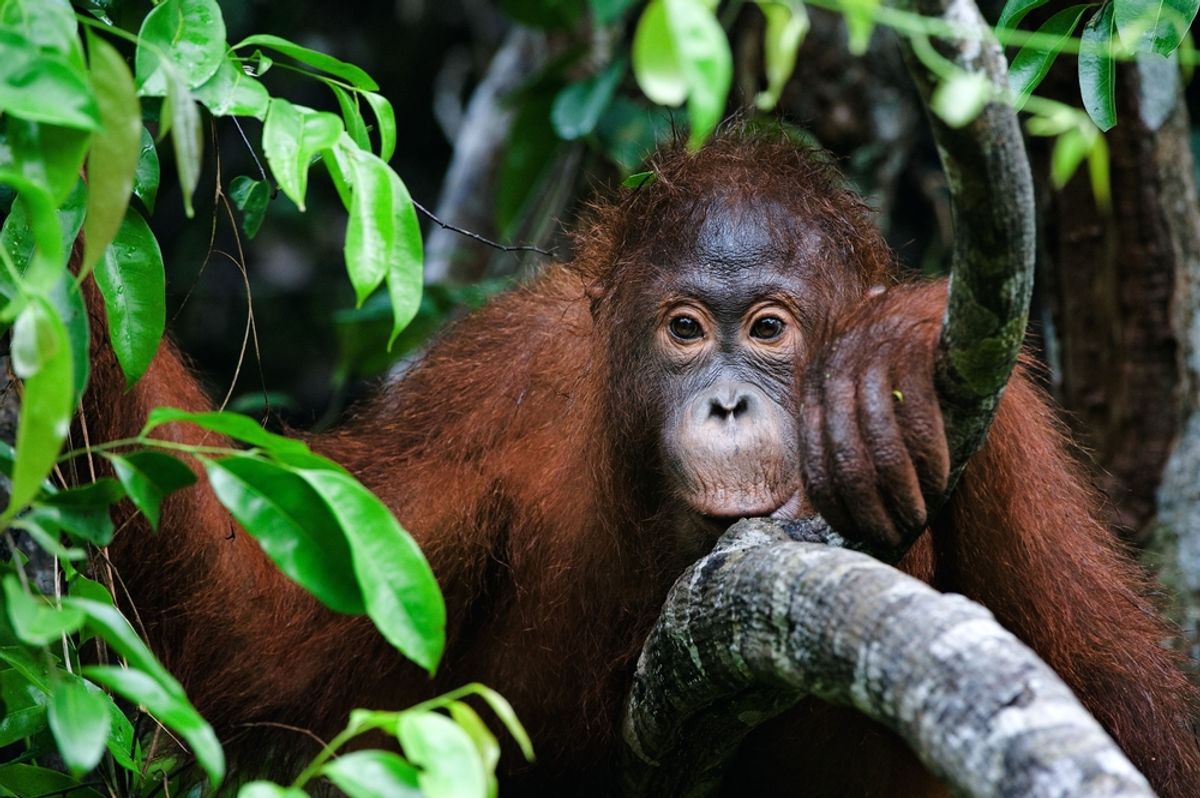Under a general (if conservative) understanding of how extinction has typically played out throughout Earth's history, it should have taken anywhere from 800 to 10,000 years to wipe out the number of species that've gone extinct in the past century alone, scientists say -- meaning the human-dominated world is losing species at 114 times the normal rate.
According to a new study published in the journal Science Advances, it's safe to say that the "sixth mass extinction is already under way."

International Union for Conservation of Nature
The researchers cite human activity -- things like the clearing of land, the introduction of invasive species, the poisoning of the ecosystems with toxic chemicals and, of course, the irreparable damage we're causing to the climate with our greenhouse gas emissions -- as key drivers in this incredibly rapid rate of species loss. And they warn that this is only the beginning: as its name implies, a true mass extinction event will involve much greater losses. The last one, mass extinction number five, killed the dinosaurs; 65 million years later, this next one could be similarly catastrophic.
"If it is allowed to continue, life would take many millions of years to recover," said Gerardo Ceballos, the study's lead author, in a statement, "and our species itself would likely disappear early on."
Turning the focus on humanity's future may be a cynical bid to get those of us causing this destruction to pay attention, but it raises an important point: far from the small tragedy that is the loss of any individual species, the study emphasizes how the cumulative loss of many "affects human well-being by interfering with crucial ecosystem services such as crop pollination and water purification," to cite just two examples. We could be deprived of many of these biodiversity benefits, it predicts, in as little as three human lifetimes.
By the way, this is all apparently a very conservative estimate. In order to put a "realistic lower bound" on the situation, the authors write, they only considered vertebrates, as those are the best-studied of Earth's species. And they used a high estimate of "background extinctions" -- the extinctions that would be happening with or without us -- in order to tone down the drama. All that, and we're still left with this: species are disappearing way, way more quickly that they should be.
Preventing further disaster on this scale, accordingly, is no simple task. "Avoiding a true sixth mass extinction will require rapid, greatly intensified efforts to conserve already threatened species and to alleviate pressures on their populations—notably habitat loss, overexploitation for economic gain, and climate change," the study reads. And, it warns, "the window of opportunity is rapidly closing."
As with most major environmental problems, alas, mass extinction has a denier problem. Here's Stanford researcher Paul Ehrlich, who co-authored the study, on why this is no longer something we can pretend isn't happening:

Shares